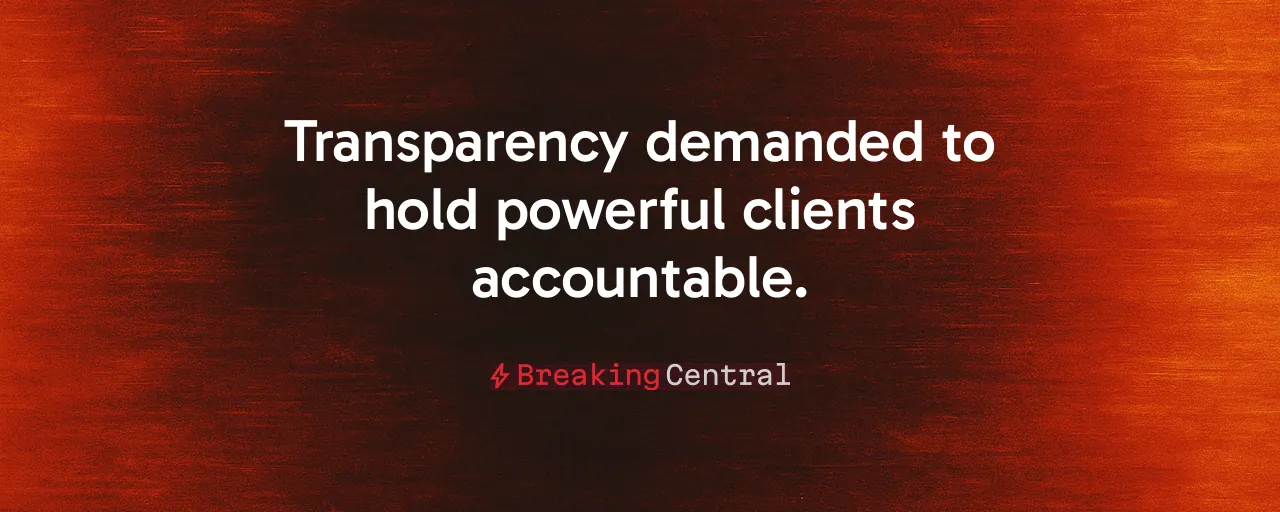A Scandal That Refuses to Fade
The Jeffrey Epstein and Ghislaine Maxwell case remains a raw wound in the public's trust. Federal courts convicted both for running a sprawling sex trafficking network that preyed on vulnerable girls for over a decade. A nagging question persists: where are the clients? Recent reports, including posts from political commentator Benny Johnson, highlight a stark reality. Thousands of victims suffered, but the powerful figures who allegedly fueled this operation remain largely untouched by criminal charges.
Epstein's death in 2019 and Maxwell's 2022 sentencing to twenty years seemed to close one chapter. But the 2025 suicide of Virginia Giuffre, a key victim who settled with Prince Andrew for millions, reignited outrage. Her death underscores a painful truth: justice feels incomplete when consequences fall only on the orchestrators, with buyers escaping accountability.
This issue transcends politics. It is about fairness, accountability, and ensuring no one is above the law. The Epstein case exposes a justice system that seems to falter when confronting wealth and influence. If the guilty walk free, public faith in institutions erodes further. Confronting the hard questions and demanding transparency is now essential.
The Evidence Points to a Cover-Up
Court documents, flight logs, and depositions paint a chilling picture. From 1994 to 2004, Epstein and Maxwell used private jets and luxury estates to traffic minors to high-profile figures. Unsealed records name individuals like former President Bill Clinton and former Israeli Prime Minister Ehud Barak as contacts. Prince Andrew's eight-figure settlement with Giuffre speaks volumes, even without an admission of guilt. These details suggest a network of powerful men who benefited from the scheme.
Federal prosecutors have charged almost no clients. Maxwell's 2021 conviction confirmed a conspiracy to traffic minors, but the absence of named buyers in court raises eyebrows. Criminology research shows wealthy offenders often dodge accountability by leveraging legal resources. The 2008 non-prosecution agreement in Florida, which shielded Epstein's associates, adds fuel to the fire. It is a pattern that indicates selective justice.
The Department of Justice holds troves of sealed grand jury records. These documents could clarify who participated in the trafficking ring. Keeping them hidden only deepens distrust. If the system is serious about protecting victims, it prioritizes truth and avoids protecting reputations.
Victims Deserve More Than Silence
The human cost of this scandal is staggering. At least thirty girls gave statements to Palm Beach police, with estimates suggesting hundreds or even thousands of victims. These were teenagers, often from broken homes, lured with promises of money and opportunity. Instead, they faced exploitation and trauma that lingers for decades. Giuffre's death is a tragic reminder of the psychological toll survivors endure, especially when justice feels out of reach.
Advocacy groups fighting human trafficking argue that prosecuting buyers is critical to breaking the cycle of exploitation. Without consequences for those who create demand, traffickers will always find new victims. The National Human Trafficking Hotline reports widespread underreporting of these crimes, meaning the problem is likely even larger than we know. Every uncharged client represents a missed chance to protect future generations.
A Call for Uncompromising Accountability
The solution starts with full transparency. The Department of Justice needs to declassify all Epstein-related records, redacting only what is necessary to protect ongoing investigations. Congress could hold oversight hearings to probe why prosecutors have not pursued more clients. Flight logs and depositions already provide leads; following them could expose the full scope of the network.
Beyond disclosure, the law needs to hit traffickers and buyers harder. Federal penalties for child trafficking need to be tougher, with mandatory minimums that reflect the crime's severity. An international task force could close jurisdictional gaps, ensuring suspects cannot hide abroad. A victim compensation fund, financed by Epstein's estate and any co-conspirator settlements, would provide tangible support to survivors.
These steps align with a core principle: no one escapes justice because of wealth or status. The public deserves a system that prioritizes victims and does not favor powerful connections. Anything less betrays the trust Americans place in their institutions.
Restoring Trust Through Action
The Epstein case is a test of whether the justice system can hold the powerful accountable. Every sealed document, every uncharged client, chips away at public confidence. Transparency proves the system works for everyone, and it is more than settling old scores. Victims like Giuffre deserve to know their suffering was not ignored.
Lawmakers, prosecutors, and advocacy groups have a chance to bridge the gap. Bipartisan support exists for releasing redacted records and funding survivor services. These are practical steps that do not require political grandstanding. They require courage to confront uncomfortable truths about who benefited from Epstein's crimes.
The path forward is clear. Open the records, prosecute the guilty, and prioritize victims. Only then can the nation move past this scandal and rebuild faith in a system meant to protect the vulnerable. Half-measures are no longer sufficient; justice requires action now.
